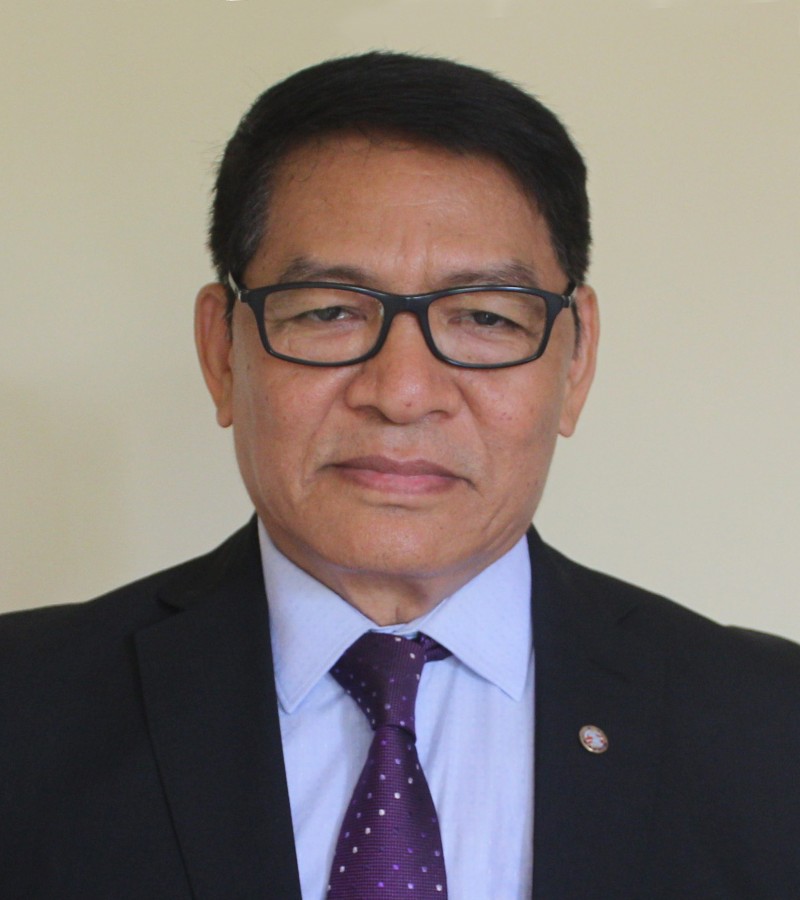Editorial
Time for ‘Pioneers’ to think beyond Conventional Learning
Opinion | Editorial | John S. Shilshi | 02-Sep-2022

To say that the Catholic Church has invested much human and material resource in the education sector is no exaggeration. It is an acknowledged fact from all stake holders, irrespective of community or religious affiliations, because it is the Catholic Church that took education to all corners of North-east – a feat unparalleled by any. The Catholic Church’s effort to educate has outdone even the efforts of successive governments. The fact that there are hardly any corners of the North-east region where Catholic Schools are not rooted is a testimony.
The commitment to ensure education for all did not stop at primary or secondary levels but moved beyond, to higher education as well, which is evident from the fact that more than two dozen Catholic colleges are operating in different parts of the North-east region. The establishment of Catholic universities and professional institutes in recent times has also given further fillip to the “Mission education” initiative. And it is through education, that the Church has been able to create a new cultural identity in almost all communities, through development of their languages and literatures. It is also in these institutes that indigenous leaders were born who now provide leadership to common people in their journey towards prosperity.
In this pioneering initiative, the institutes make no distinction between people based on community, ethnicity or religion. They welcome students from all sections of societies - in urban and rural areas alike. Year on year, students who have excelled and brought laurels to their respective institutes in board and university examinations, are not all Catholics – they are Hindus, Muslims and Christians representing different denominations. This tradition continues till today, and form the cornerstone of the inclusive policy of every Catholic institute.
However, as one looks closely at the track record of students passing out from Catholic institutes, there is an area of concern that needs to be seriously looked into. Too many of their alumni end up in general academic studies, and while a small percentage amongst them shine as jewels in the crown, the majority remains jobless. A lucky few manage to get into some jobs, which may not be commensurate to the degree they hold, that too after spending years in attempting some competitive examinations or the other. At a time when opportunities are aplenty and sky the only limit, this situation doesn’t speak too well of the alma maters.
Going by this not-so-impressive report card, one suspects that Catholic institutes do not pay adequate attention to securing the careers of their students. They don’t seem to have credible career counseling units that could prepare students beyond their campuses. The million dollar question therefore is, has securing ranks and positions in board/university examinations got the better of need to prepare students for a secured future? Serious introspection would be necessary to answer this question. And in doing so, schools/colleges may realize the importance of setting up functioning career units not only to sensitize students on the kind of jobs on offer, but also help them choose careers based on their inborn ability, skills and talents.
It needs mentioning that that career counseling is a very specialized job. Therefore, the responsibility cannot be routinely entrusted to any teacher. It has to be assigned to professionals who are trained and specialized in the trade. As professionals, they could identify potentials in students and advise them to choose the right career paths. They can conduct psychometric tests for students of 12th standard and final-year graduation, and suggest future courses based on the outcome of the tests. They will be in a position to guide students which of the 1700-plus government-approved professional courses in India could be picked, and also advise what degrees/qualification would be necessary to get jobs in the 500-plus multi-national companies (MNCs) operating in India. Most importantly, they will be in a position to convince parents to take correct calls on the career routes of their children, rather than pushing them to follow the band wagon.
It is the moral responsibility of every institute to ensure that they produce men and women ready to face the competitive world. And in order to achieve this, simply textbook-bound knowledge will not be sufficient. Regular updating on current affairs, reading books other than text books, newspapers, developing habit of writing, and being alive to happenings around them will be necessary. A culture of inquisitiveness needs to be nurtured by organizing talks on topics outside the domains of subject textbooks, and students with the best queries to resource persons rewarded suitably. Care must be taken to ensure that disciplining and obedience doesn’t come as a process of pushing students to a state of reticence.
The world over, the concept of holistic education is gaining ground, though seriously taken by just a few in this country. As pioneers of education, not just in the North-east but across India, it is desirable that Catholic institutes now move with the time and provide the best for future generations. Education without ensuring students’ future will be a job half done.
Visitor comments
Leave a comment

Gabriel
03-Sep-2022
Thank you Editor for commenting on an important issue. Time we move with change